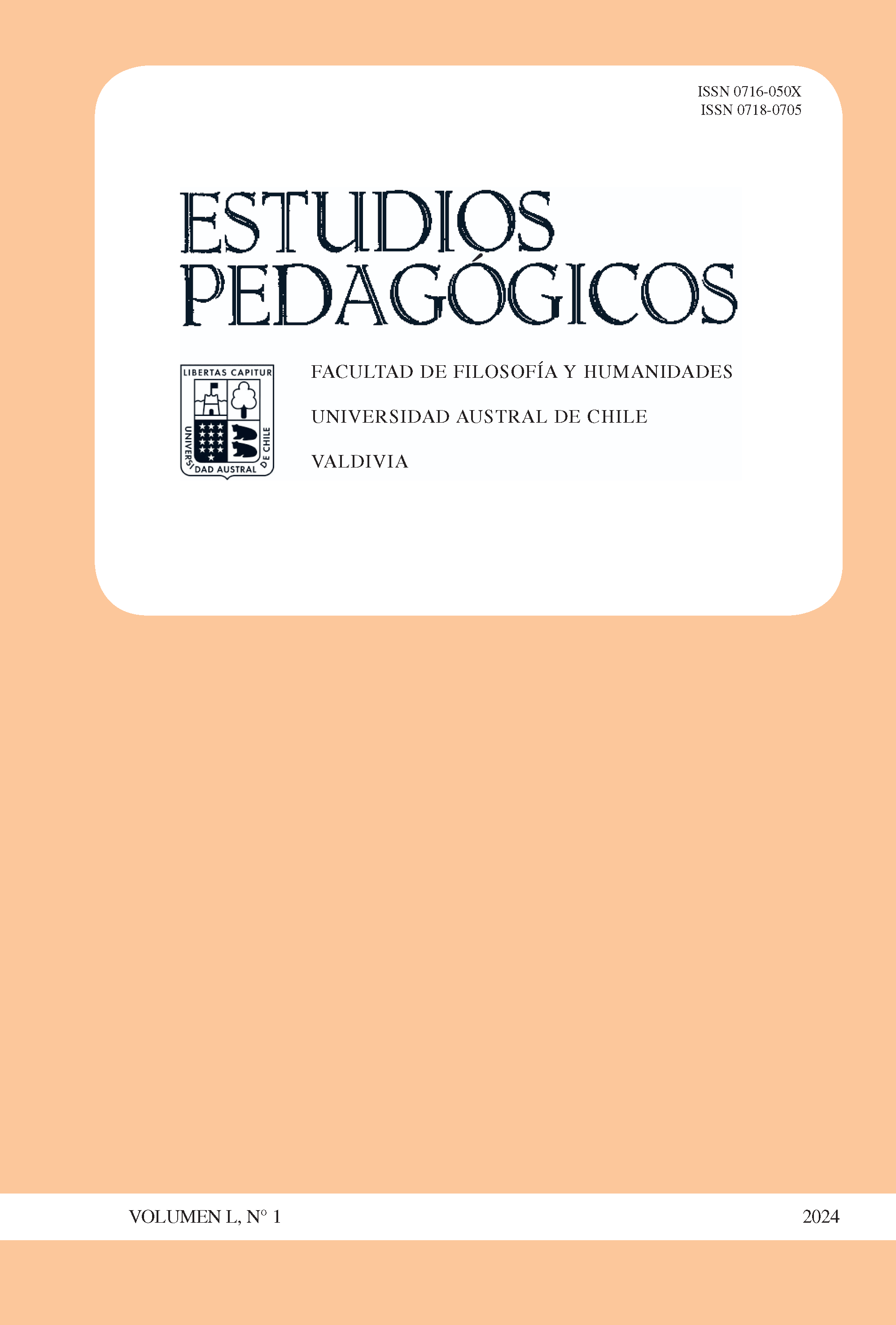Parental accompaniment in times of pandemic and its impact on the construction of children’s own voice in Transition grade
Main Article Content
Abstract
The issue of family accompaniment and the impact on children’s school performance has been widely discussed and reviewed within the research called “Accompaniment of parents in times of pandemic and its impact on the construction of their own voice in children in Transition grade of the HEI of Florencia Caquetá". The population was represented by 130 students of 6 educational intuitions, the results are based on the study of the participation of parents in activities related to school, it is possible to demonstrate the importance for children to develop favorable habits for learning, motivated by the accompaniment and permanent motivation of parents, adults and caregivers.
In this order of ideas, the members of the research seedbed had the possibility of characterizing the existence or not of accompaniment by parents to children of transition grade of the urban school of Florencia Caquetá, as well as the type of accompaniment and its quality, in a first phase this project characterizes the quality of family accompaniment, in a second phase, the impact of this accompaniment on the development of basic competences in the face of the integral development of children is analyzed in the light of theoretical and pedagogical sources. In this way, a third phase is proposed, where it is analyzed how this accompaniment promotes the construction of one’s own voice in children from the development of skills such as autonomy, the experience of children’s rights, the development of habits, study routines and values, the self-regulation of learning and in particular analyze the degree of proximity or distance of said accompaniment with the decalogue of Montesori school accompaniment (2003). In a final phase, the researchers elaborate pedagogical and didactic constructions that lead to strengthening the accompaniment of parents towards their children to obtain teamwork between family and school in search of the integral formation of childhood. The research methodology is qualitative with a descriptive approach.

